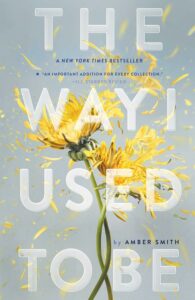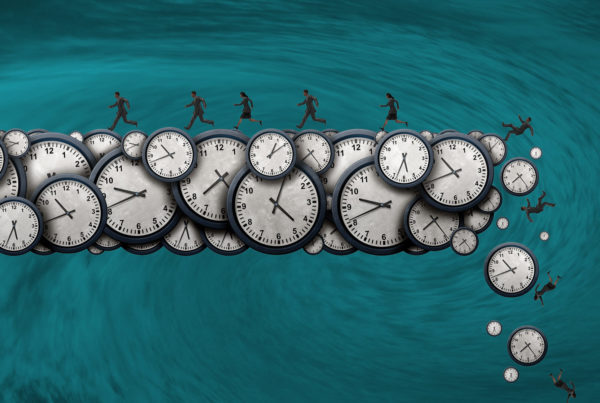 “The Way I Used To Be” explores the damage of a sexual assault and how as a freshman in high school Eden attempts to turn her fears and challenges into inspiration. Eden struggles to find her way through an already pivotal time in adolescence to become a survivor rather than a victim.
“The Way I Used To Be” explores the damage of a sexual assault and how as a freshman in high school Eden attempts to turn her fears and challenges into inspiration. Eden struggles to find her way through an already pivotal time in adolescence to become a survivor rather than a victim.
Most books you read on sexual assault are memoirs or narratives of the trauma that someone has endured previously in their lives. The novel “The Way I Used To Be” is unique, as it is a moment-to-moment chronicle of the victim’s battle with recovery. Eden’s journey through adolescence (the time when a large number of sexual assaults happen for young women) is articulated as she is living through the experiences.
The word “violence” usually evokes images of visible mayhem; mass shootings, robberies, and terroristic acts. However, the aftermath of sexual violence is often times unseen psychological injury detrimental to a victim’s overall well-being. Sexual violence is a critical public health concern because the psychological, emotional and social impacts of sexual assault can remain long after the violence has stopped. Sexual assault victims are more likely than non-victims of crime to have a major depressive episode, four times more likely to have contemplated suicide, and 13 times more likely to have attempted suicide. Childhood sexual assault is associated with numerous short- and long-term psychological problems – ranging from post-traumatic stress disorder and issues related to unhealthy self-esteem and self-identity, to interpersonal difficulties such as aggression, withdrawal, lack of trust and attachment and increased sexual promiscuity.
The trauma of sexual violence is not something we can “fix;” it is something we can assist in managing on a daily basis. It takes support and work, and that work is sometimes as chaotic, complex and complicated as the individual’s experience of the assault.
“The Way I Used To Be” is a story of a young woman making her way through high school as she struggles with a devastating experience with someone close to the family. She is among the vast majority who experiences sexual assault by someone they are familiar with. This is contrary to the long-standing myths about “stranger danger” and the threats that these crimes are committed by people that the victims do not know. The reality is that in over 90 percent of childhood sexual assault cases, the child knew their offender. This is evident in Eden’s story as she had to endure seeing her offender the very next morning and again for years to come.
One of the most notable aspects of the narrative is the inconsistencies between Eden’s psychological process with thoughts and feelings and her actual behaviors. When intervening with trauma survivors, particularly sexual assault victims, often times we are not fully aware of the emotional and cognitive process that they are experiencing internally. It is vital for us to recognize that every behavior a survivor engages in has a necessary function. When a survivor is demonstrating outward signs of aggression, promiscuity, substance abuse, etc., they may be trying in some way to meet a need. The latter examples may be ways in which victims cope with their trauma in an attempt for self-preservation or merely survival. We see the incongruence throughout Eden’s story highlighted by the disparity of her internal and external experiences and coping skills. What survivors once loved, they now hate; what they once thought to be true, soon feels like lies; often times they can’t make sense of the world; they know they should tell someone, but they can’t. In Eden’s story, she buries the truth for years and in turn, ends up burying her identity and much, much more.
This book provides readers with a better understanding of the psychological turmoil that a survivor of sexual assault goes through and the lasting effects it can have on interpersonal relationships. It demands that people be mindful, to better relate to the trauma experiences of others. It helps create empathy by allowing readers to understand that it is not just “putting yourself in their shoes;” instead, empathy is the ability to make a cognitive and emotional connection with another person. These connections may increase our ability to understand, share the feelings of another, gain awareness and appreciate the source of where their behaviors may be coming from. As evidenced in the book, survivors oftentimes attempt to express their thoughts and feelings in how they behave and interact with others.
This story takes a realistic look at the lasting effects of trauma, especially as it pertains to how survivors love, form relationships, cope and navigate through adolescence. It’s an insightful look into how survivors want so badly to be vulnerable in their relationships and interactions with others, but instead may tend to push others away. This book is an important and insightful read for those interacting and supporting young women who have lived through and survived sexual assault.
Jamie Pfister, MPH, is Trauma Focused Program & Staff Development Specialist at KidsPeace.






